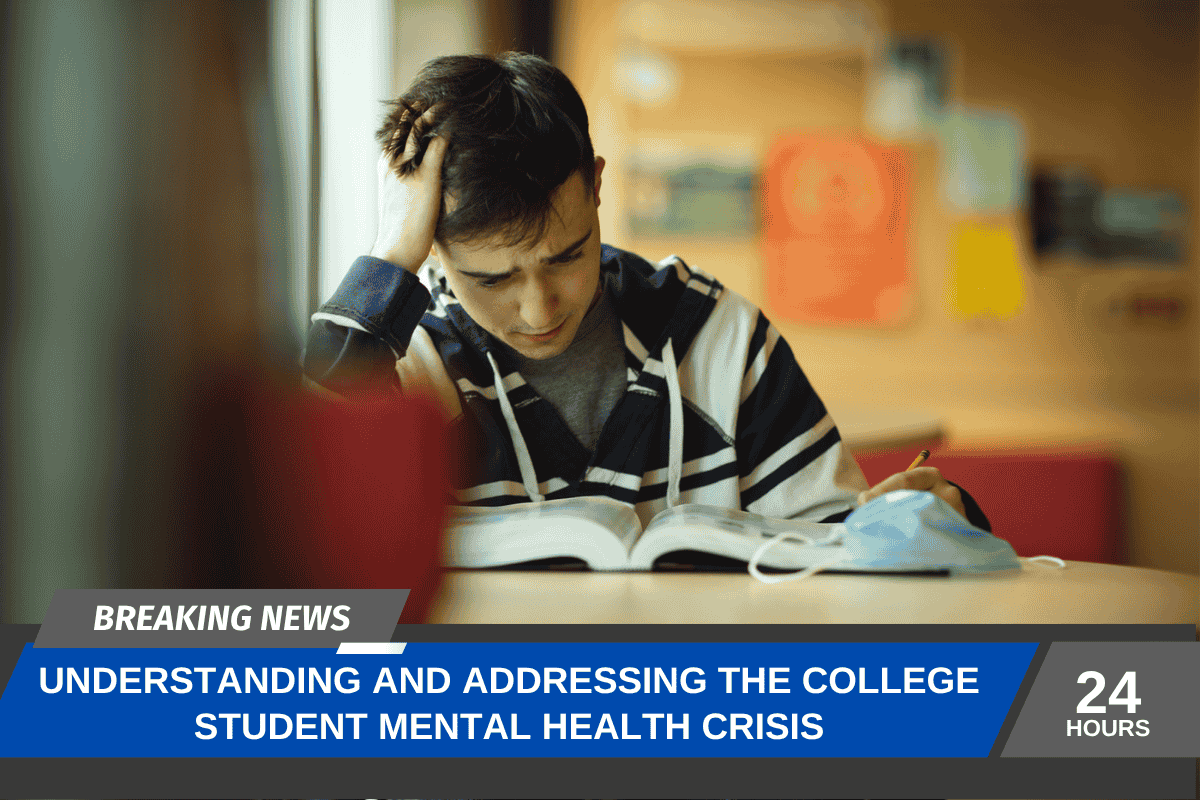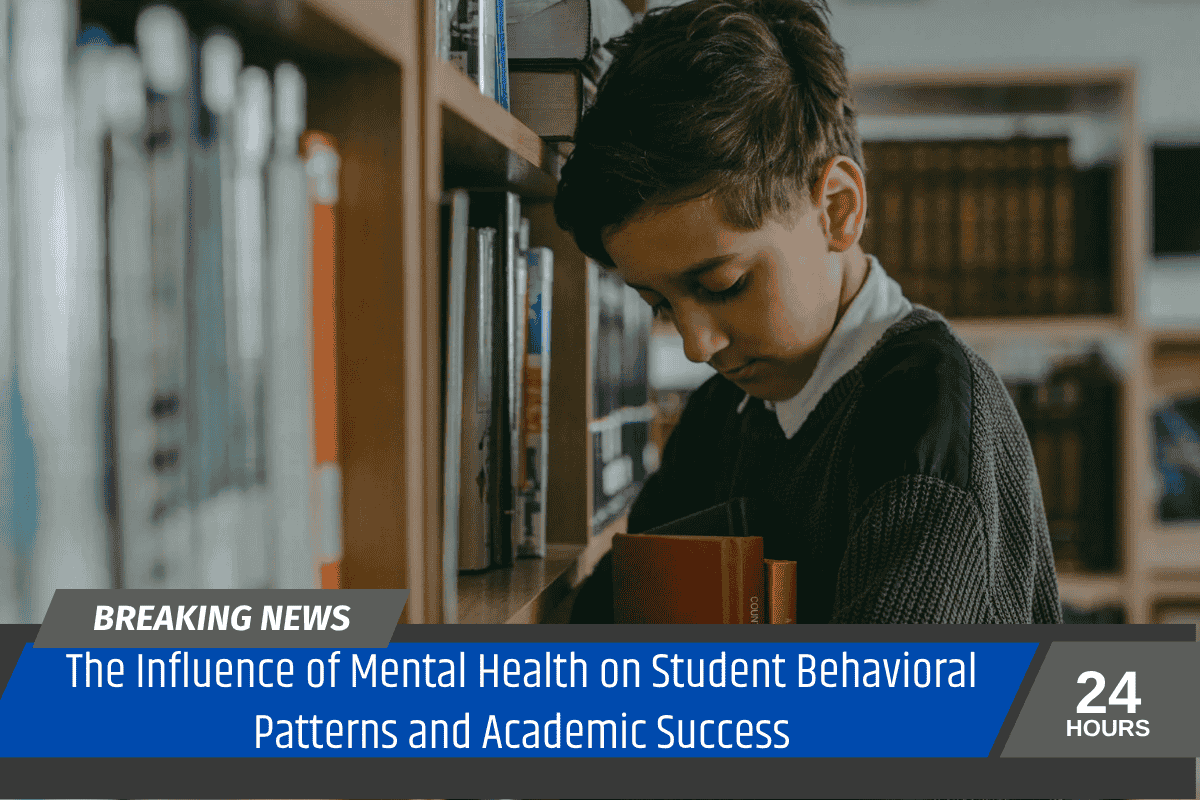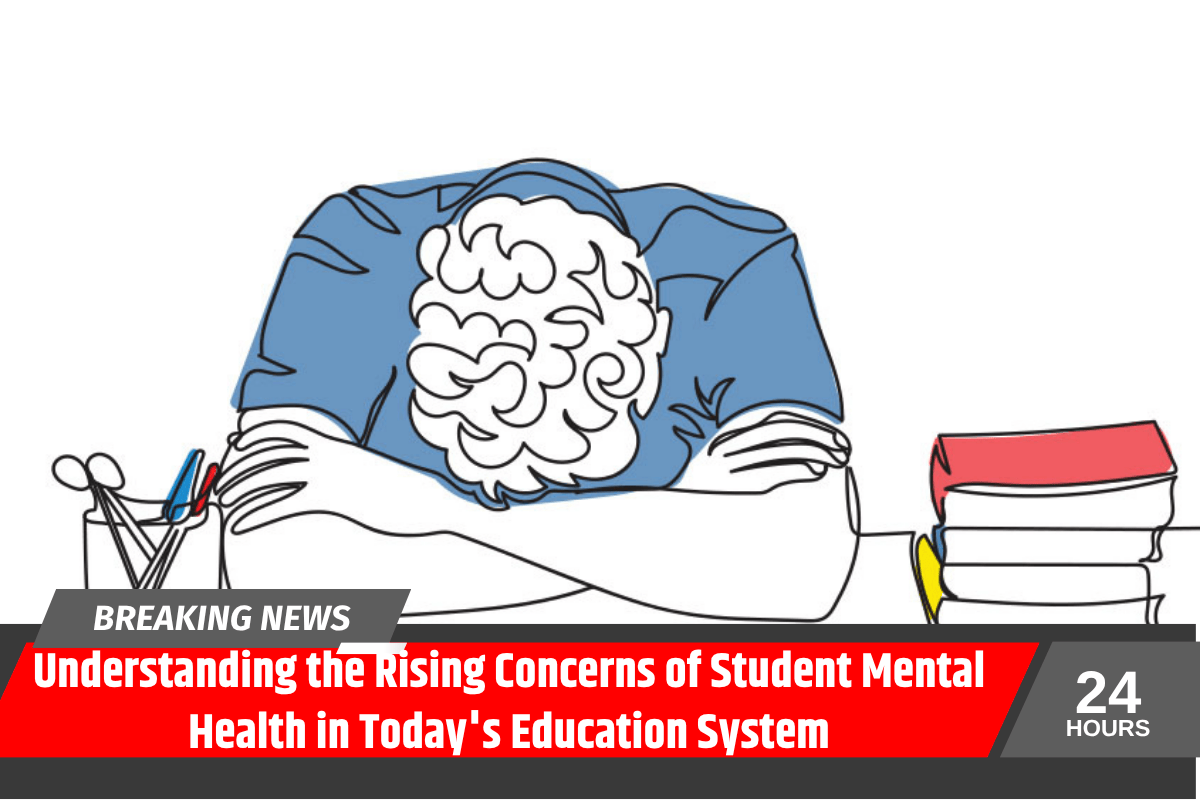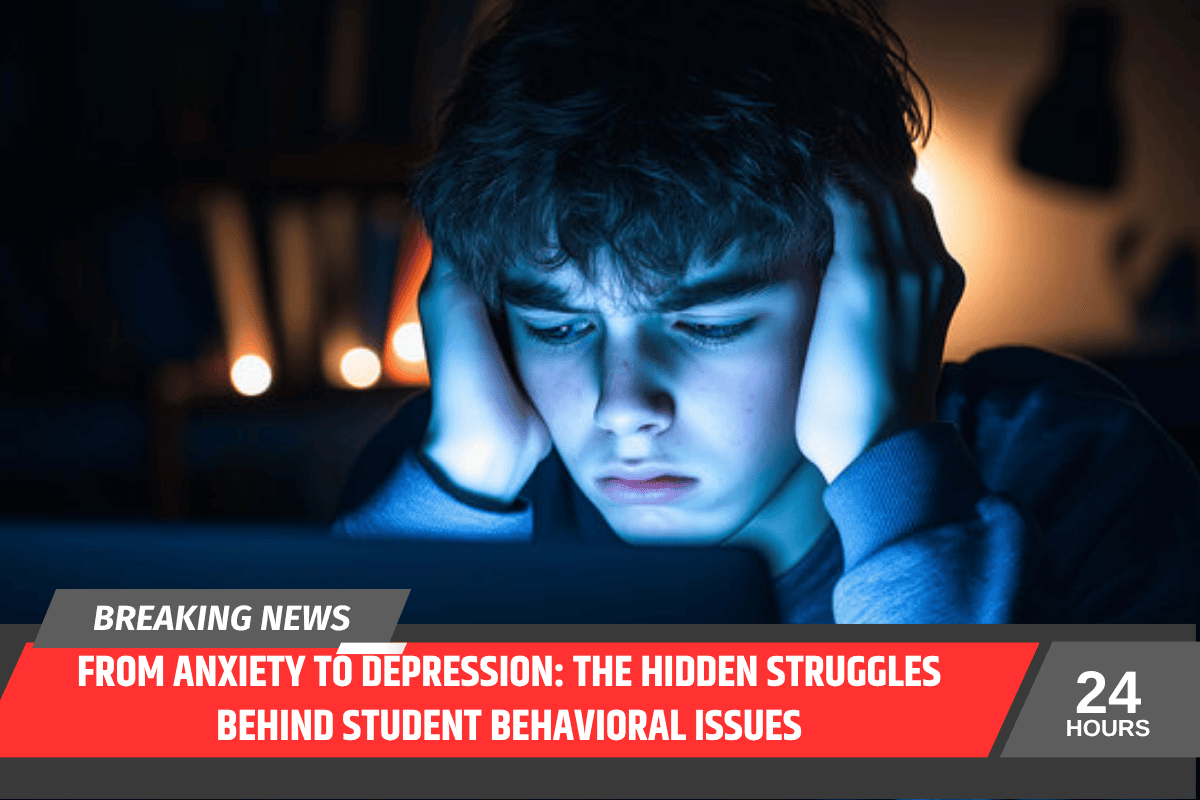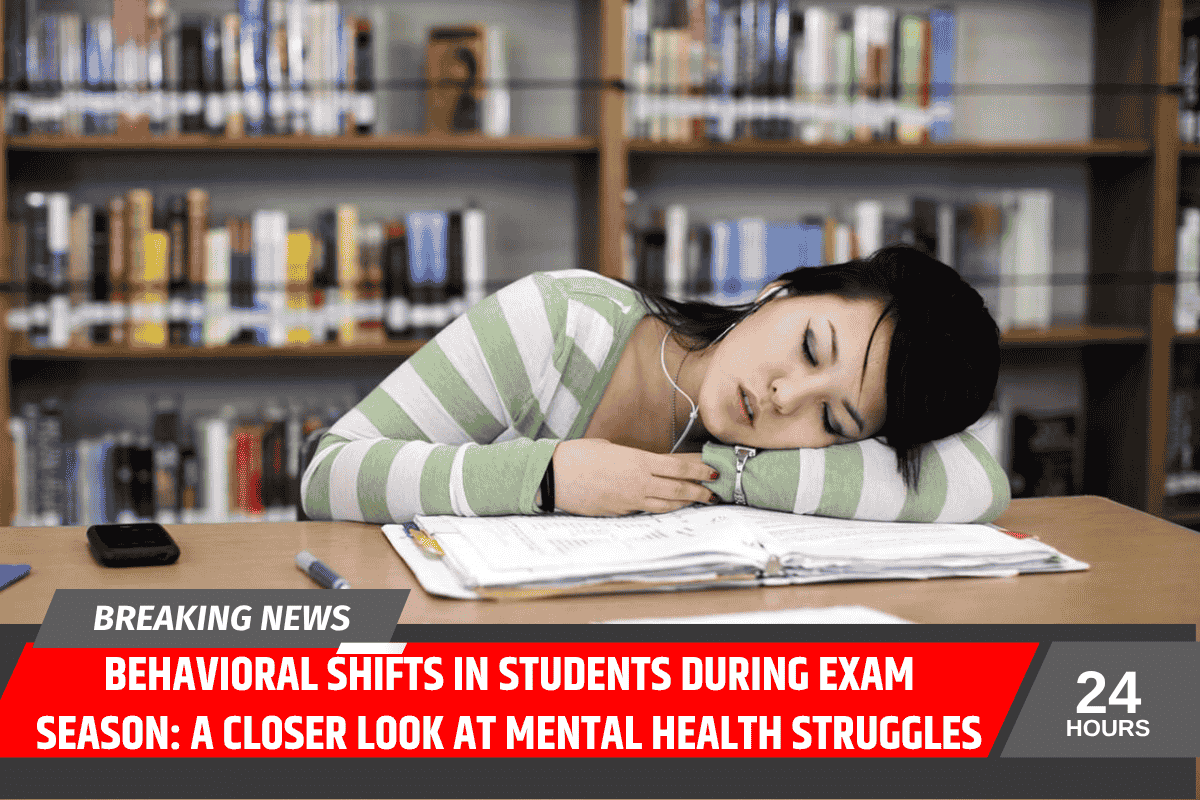The mental health crisis among college students has reached alarming levels, with nearly half of U.S. students experiencing symptoms of depression or anxiety, and a significant percentage having contemplated suicide.
This crisis, which worsened during the COVID-19 pandemic, has caught the attention of healthcare professionals and led to urgent calls for action.
Despite efforts to hire more counselors and expand services, colleges and universities continue to struggle in meeting the mental health demands of their students.
The need for a comprehensive, systemic approach to mental health is more evident than ever. A 2021 report from the National Academies of Sciences, Engineering, and Medicine emphasized that while counseling services are important, they are insufficient on their own.
Institutions must adopt an “all hands” approach, involving faculty, staff, and administrators across departments to create a supportive campus culture that promotes well-being and prevents mental health problems before they escalate.
Prominent scholars like Sara Abelson, Sarah Lipson, and Daniel Eisenberg, who have conducted extensive research on student mental health, also stress the importance of evaluating current interventions and policies.
Their research suggests that while multi-pronged approaches are effective, there remains a gap in understanding which strategies work best for diverse student populations.
Key Recommendations for Addressing the Crisis:
- Systemic Change: Colleges must take a broader, campus-wide approach to mental health that includes not just treatment, but preventive measures and cultural change. Everyone on campus must share responsibility for creating a supportive environment.
- Inclusive Support: Mental health interventions should be tailored to meet the diverse needs of students, including those from racial, ethnic, and LGBTQ+ backgrounds. Training staff to recognize and address cultural differences in mental health is essential for fostering a more inclusive and supportive campus environment.
- Research and Evaluation: More research is needed to evaluate the effectiveness of current mental health programs. Interventions that reduce stigma, enhance peer support, and provide behavior management training have shown promise, but their impact must be continuously assessed.
- Peer and Expert-Led Programs: Peer support programs, including those that reduce stigma or provide emotional support from students with similar experiences, have demonstrated effectiveness. Similarly, expert-led mindfulness and stress reduction programs also show promise in addressing anxiety and depression in college settings.
- Internet and Online Interventions: Internet-based mental health interventions, including those using cognitive behavioral therapy, have shown moderate success in reducing anxiety, stress, and symptoms of depression. These platforms can be especially beneficial in reaching students who may be hesitant to seek in-person help.
While traditional counseling services remain crucial, a more holistic, inclusive, and evidence-based approach to student mental health is needed to tackle the growing crisis in higher education.
